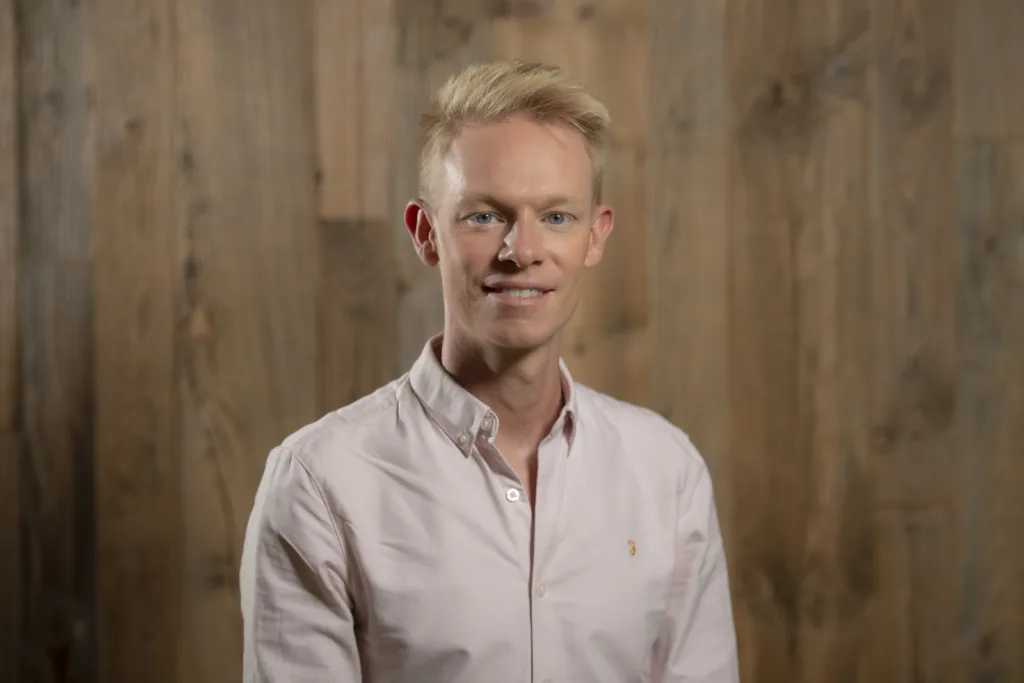By Tom Stevens, Head of Marketing, IAB UK
First of all, let’s start with what a Clickhead is. Born in 2019 in a meeting room at IAB HQ, the concept of a Clickhead (usually prefaced with ‘Don’t be a…’) is someone who is overly-attached to click-through rates as a form of digital measurement. Essentially, someone who courts clicks above all else while wilfully ignoring the wealth of alternative digital measurement strategies that provide a more accurate, holistic and long-term measure of advertising effectiveness.
Sure, measuring clicks is easy and satisfying but, we argued, CTRs are a hollow metric that create a false sense of success and prevent marketers from unlocking the full potential of their digital ad campaigns.
Fast-forward four years and our campaign against clicks is still going strong. In fact, it’s become even more urgent given the mounting pressure that marketers are under to justify spend to CFOs and prove effectiveness to their clients. While the UK narrowly avoided a recession in 2022, the economic uncertainty and political upheaval of the past 12 months have had a huge impact on our industry and – in a high-stress context – the urge to fall back on clicks is more tempting than ever.
That’s not just my hunch. OK, originally it was just my hunch – but having taken my hypothesis to a leading research consultancy, it turns out that neuroscience is on my side. In times of uncertainty and instability, our brains are programmed to avoid risk and stick to tried and tested strategies, even if we rationally know that they are not up to scratch.
To put it simply, we all have an inner Clickhead inside of us and, when under pressure, that Clickhead becomes harder to silence. As economic uncertainty and slow growth continues, people are more likely to fall back on click-through rates because they’re familiar, risk-averse and easy to capture – despite the fact they aren’t the best form of digital measurement by a long-shot.
While this is entirely understandable, it’s far from ideal. Luckily, neuroscience can also help. Research into how our brains work reveal six key biases that we all share and that make us more likely to default to what we know when bottom lines are under scrutiny. By being aware of these biases, marketers can keep them – and the urge to be a Clickhead – in check.
Take familiarity bias. We’re all programmed to gravitate towards things that are familiar to us – whether that’s the brand of peanut butter we buy at the supermarket (I’m a Manilife man) or where we stand on the platform when we wait for the morning train. We default to the familiar and, when it comes to digital measurement, the comfort blanket of choice is clicks.
This tendency is heightened by ambiguity and stress. When things are uncertain we go even further out of our way to avoid risk, our brains go into survival mode and that means doubling down on established habits. A healthy dose of confirmation bias exacerbates everything further – that’s our innate tendency to favour information that supports our pre-existing beliefs or expectations. So, if you work with colleagues who believe click-through rates are a valid, reliable measure, it will reaffirm your belief that they are the right metric to use. Even if you rationally know that they’re not, cognitive dissonance comes into play to encourage you to align your beliefs with your actions and pick the simplest route to gratification. Put all of these factors together and it’s how a Clickhead comes to be.
But all is not lost. Knowledge is power and by understanding how these six biases go into overdrive during challenging times, you have everything you need to silence your inner Clickhead. I’m not saying it will always be easy, but accepting that click-through rates only offer a very small and short-term measure of success is the first crucial step to broadening your measurement horizons. Start today and know that the IAB is here to help keep you on track. Together, we can make being a Clickhead a thing of the past – for good.









